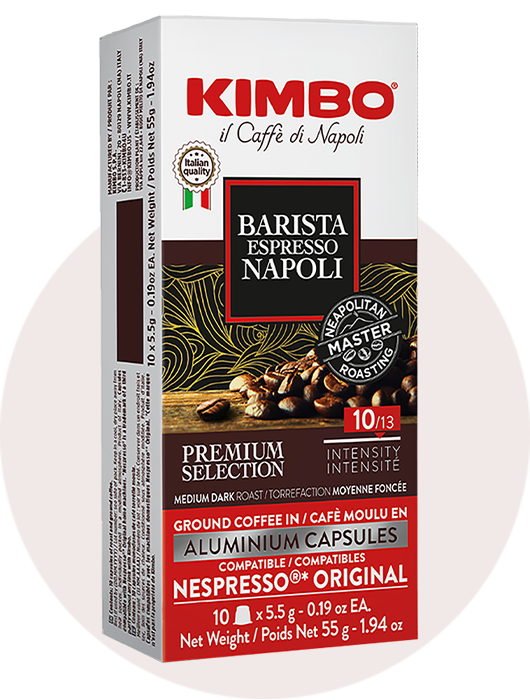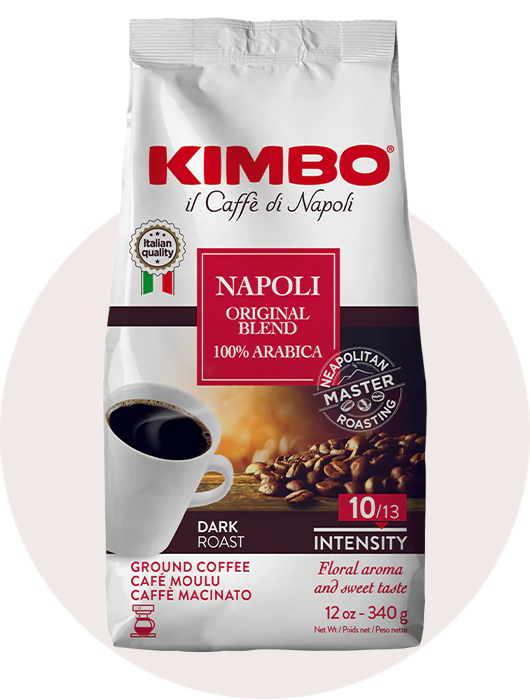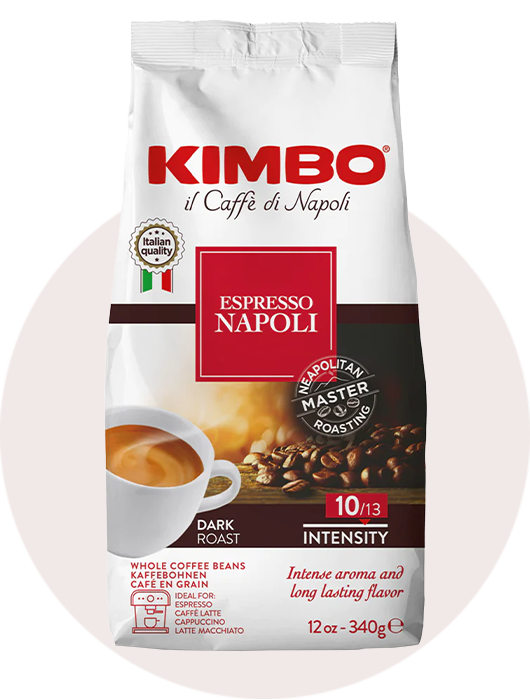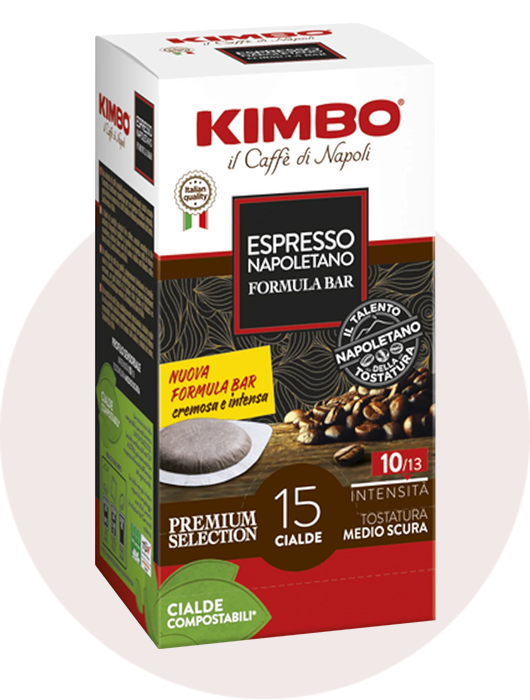The coffee method for weight loss has been brewing up a storm on social media, especially on short-form video apps. This trending approach claims that strategically timing your coffee intake and adding certain ingredients like cinnamon may give a modest metabolic lift and can help some people feel less hungry, but research shows results vary and are usually small. But is there any scientific truth behind these bold claims? Let's dive into what the research actually says about coffee and weight loss.
How the Coffee Method Works
The basic premise of the coffee method is simple:
-
Drink black coffee, ideally a high-quality light to medium roast, for maximum benefits. Avoid adding sugar, cream, or other high-calorie additives.
-
Time your coffee intake strategically. Proponents suggest drinking coffee:
-
First thing in the morning, about 90 minutes after waking
-
30-60 minutes before meals or workouts
-
Within 7 seconds of feeling hungry (the controversial "7-second coffee loophole")
-
Add metabolism-boosting ingredients.
The theory is that the caffeine and antioxidants in coffee, combined with the appetite-suppressing effects and the possible contribution to energy expenditure., has been studied for a potential supportive role in weight management when consumed at the right times.
Potential Benefits of Coffee for Weight Loss
Boosting Metabolism
Coffee's caffeine content can provide a temporary metabolic boost. Studies show that caffeine can increase your metabolic rate by 3-11%, may nudge calorie burn slightly. The effect appears most pronounced in lean individuals, especially when caffeine is consumed before exercise.
However, regular coffee drinkers may develop a tolerance to these effects over time. Some enthusiasts rotate caffeine intake, although this hasn’t been rigorously tested.
Suppressing Appetite
Coffee may also help control hunger and cravings. The caffeine in coffee may act as a mild appetite suppressant, though individual results vary. Decaffeinated coffee may have some appetite-reducing effects as well by promoting feelings of fullness.
Pairing coffee strategically with meals, such as high-protein breakfasts, may further enhance satiety. However, completely replacing meals with coffee is not advisable or sustainable for weight loss.
Providing Antioxidants
Coffee is rich in antioxidants like chlorogenic acid that have been linked in some small, short-term studies to very modest changes (typically < 1 kg over several months). These compounds may help regulate glucose and fat metabolism.
However, the weight loss effects observed in studies are typically quite small (less than 1 kg over 4-24 weeks). More research is needed to fully understand coffee's potential in this area.
Drawbacks and Cautions
Lack of Strong Evidence
Despite the enticing claims, there is limited high-quality, consistent evidence that coffee alone, with or without additives, can produce substantial, sustainable weight loss. Most studies showing benefits have been small, short-term, and focused on specific populations.
The "7-second loophole" in particular lacks scientific support and may promote unhealthy habits like ignoring true hunger cues. Skipping meals in favor of coffee may lead to nutritional deficiencies, cravings, and overeating later on.
Risks of Excessive Caffeine
Consuming coffee in moderation (up to 400 mg of caffeine/day) is generally safe for most healthy adults. However, excessive intake can lead to unpleasant and even dangerous side effects like:
-
Anxiety and jitters
-
Heart palpitations
-
Digestive issues
-
Sleep disruption
-
Headaches
-
High blood pressure
Some people are more sensitive to caffeine's effects than others. Pregnant women and those with certain health conditions should consult their doctor about safe caffeine consumption.
Calories from Add-Ins
Loading your coffee with sugar, cream, flavored syrups or other high-calorie add-ins can quickly offset any potential metabolic benefits. A single tablespoon of cream can add 50+ calories. Sweet specialty drinks can pack hundreds of calories that work against weight loss goals.
If you need to lighten or flavor your coffee, opt for lower-calorie options like almond milk, cinnamon, or vanilla extract and use them sparingly. Be wary of adding unproven supplements that may interact with medications or have side effects.
Dependence and Tolerance
Regular coffee intake can lead to mild physical dependence over time. If you suddenly cut back or quit coffee, you may experience withdrawal symptoms like headaches, fatigue, and irritability.
Your body can also develop tolerance to coffee's stimulant effects, which is why cycling or taking brief breaks from caffeine may help maximize its potential metabolic benefits for weight management. However, this requires caution to avoid unpleasant withdrawal.
The Verdict
While coffee can be a delicious, antioxidant-rich beverage to enjoy in moderation within a balanced diet, it's not a magic bullet for easy, rapid weight loss. The evidence behind the popular "coffee method" and "7-second loophole" trends is limited and surrounded by hype.
Sustained, healthy weight loss requires an individualized approach combining:
-
A balanced, nutrient-dense diet
-
Regular physical activity
-
Positive sleep habits
-
Stress management
Rather than relying on coffee alone, focus on building sustainable lifestyle changes for long-term success. If you enjoy coffee and tolerate caffeine well, feel free to savor a few cups daily, but don't depend on it as a quick weight loss fix. Instead, view it as one small, sensible part of a holistic wellness plan guided by your personal health goals and your doctor's advice.






